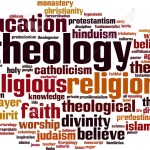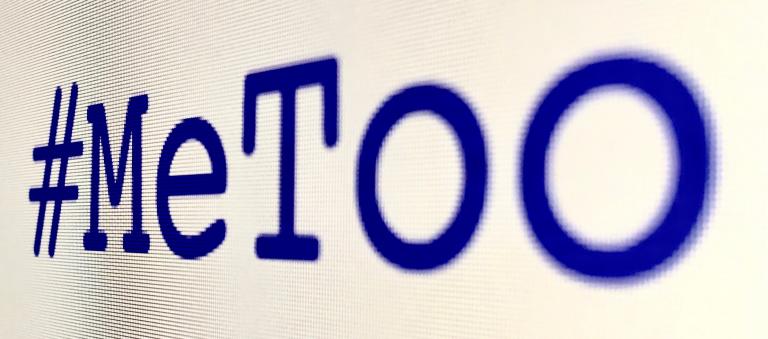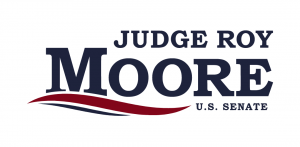I must confess that over the past two months to being consumed by fear and anxiety. The loss of a vision that believes the United States Constitution is the foundation for constructing a just society led to significant despair. I reverted inwards, stopped watching the news, and stopped writing on political issues. I felt defeated. Admittedly, my fear and anxiety pales in comparison to my colleagues whose response demands existential affirmation. As a white man, my right to be has not and never will be in question in the U.S. To put it plainly, my inward movement was the epitome of liberal whiteness. Like all white liberals, I can choose to or not to be a white ally in the face of injustice.
President Barack Obama’s farewell speech broke me out of my sulking that could only happen through my whiteness. It took the great oration of a politician to remind me of my inner calling as a political theologian. While some of my fellow progressives will see political theology as an oxymoron, it will be essential to ensuring everyone’s ability to seek “life, liberty, and the pursuit of happiness,” in the coming years. As a white theologian, I must commit myself to President Obama’s call to “dive in, show up, and persevere.” President Obama is calling me and all other white liberals to find the courage to be in spite of the fear and anxiety that is wrought by the current cultural and political situation in the U.S. This means I must find the courage to stand with persons who’s very being is suspect. My fellow white theologians will have to find this courage as well. This means being more than an insular community that contemplates the mysteries of the universe. The present situation demands that we expect more of each other.
To this end, President Obama’s call must be our guide to further involvement within the American body politic. Whether one considers themselves conservative or liberal, our work provides us a way to dive into the American political process. This requires each of us to find the courage to question our work. The Ivory Tower enables each white theologian the space to hide and seek greater meaning while also escaping the ills of American society. The courage to dive in means that there is an imperative for white theologians to honestly question the insular comforts of the Ivory Tower. We have to ask ourselves if our work is merely an academic exercise or are there broader implications. If we decide our work is to have broader implications, then we need to have the courage to affirm it and ourselves in the face of possible hate and resistance.
White theologians cannot stop by stepping outside the tower. The courage to engage American society also means that we must seek the affirmation of life by showing up. The courage to show up means to actively seek equality and justice and to stand with those whose being is questioned by the political and societal structures. This means affirming the rights of all in spite of the possible threat to ourselves. It means standing with colleagues, students, and strangers whose lives are under the constant existential assault to their personhood. The courage to show up means to speak out and seek to influence the political debate. This can be no more important than in the present situation. It is easy to let the fear and anxiety of self-preservation draw us inward. To do so not only denies the being of our colleagues, students, and the strangers around us, it denies our own personhood.
The courage to show up will also lead to the inevitable despair of loss. To show up does not always mean one will win every debate. This is why we must find courage to persevere in spite of defeat or insurmountable odds. It is easy to allow despair to consume us in the face of defeat. I lost my own courage to persevere two months ago and allowed despair to consume me. White theologians who seek equity and justice must constantly fight against the fear and anxiety of loss. There is much more at stake than bruised egos and the pain of defeat. To give in to these fears is to retreat into our own whiteness that provides unparalleled levels of affirmation and safety. The courage to persevere as white theologians means to accept the discomfort and risk of fighting for justice in spite of possible injury to our careers or self.
The courage to dive in, show up, and persevere must guide the work of white theologians in the years to come. The present situation provides white theologians two options in the face of great uncertainty. First, we can turn inwards in an attempt to ignore the threats to ourselves. This approach does nothing more than affirm one’s own place among those privileged by societal institutions. This is a false courage undergirded by the notion that affirmation of self is wholly separate from our place within the body politic. Our second choice is to find courage by standing with those whose own right to exist is subverted by a politics of exclusion. This means having the courage to step outside ourselves. The true courage to be can be found in ensuring the rights of all by accepting the risks of fighting for a just equality that affirms the inalienable right to be and exist in the United States.
Eric A. Weed has a Ph.D. in Theological, Ethical, and Historical Studies from Garrett-Evangelical Theological Seminary in Evanston, IL. His research focuses on politics, race, and religion in the United States. His book, The Religion of White Supremacy in America, is being published by Lexington Books in Fall 2017.
Donate to the Work of R3
Like the work we do at Rhetoric Race and Religion? Please consider helping us continue to do this work. All donations are tax-deductible through Gifts of Life Ministries/G’Life Outreach, a 501(c)(3) tax exempt organization, and our fiscal sponsor. Any donation helps. Just click here to support our work.













